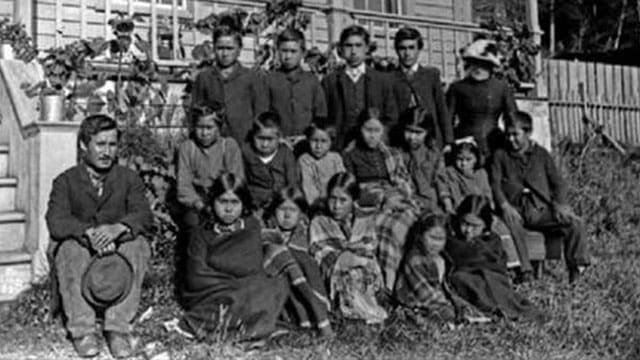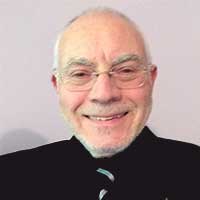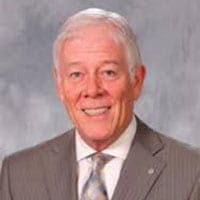Challenges the prevailing negative Indian Residential Schools narrative
In a challenge to the dominant narrative surrounding Canada’s Indian Residential Schools, the Frontier Centre for Public Policy has released a controversial new report titled Positive Stories of Indian Residential Schools Must Also Be Heard. The report by Hymie Rubenstein and James C. McCrae argues that the overwhelmingly negative portrayal of the schools fails to acknowledge the positive experiences of many former students and the genuine intentions of those who worked within the system.
The authors argue that the current portrayal of residential schools focuses heavily on negative experiences, often overlooking positive stories from former students and staff. “While it’s crucial to acknowledge the abuses that occurred, it’s equally important to recognize that many students had positive experiences, and not all staff were ill-intentioned,” said Rubenstein. The report stresses that the full spectrum of experiences at these institutions must be considered.
 |
| Recommended |
| Beaver Lake Cree Nation’s fight for treaty rights drags on
|
| The truth about genocide in Canada
|
| Bishop Grandin was a hero of early Manitoba
|
 Hymie Rubenstein |
 James McCrae |
Among the positive stories highlighted in the report is Len Marchand, Canada’s first status Indian member of parliament and federal cabinet minister, who attended the Kamloops Indian Residential School in British Columbia. Marchand credited the education he received at the school for shaping his desire to help his people. “In his memoir, Breaking Trail, Marchand spoke highly of his time at the school, emphasizing the importance of education in his life,” said McCrae.
The report also features the story of celebrated Canadian playwright and composer Tomson Highway, who attended Guy Hill Indian Residential School in Manitoba. “Highway described his years at the school as some of the best of his life,” McCrae noted. “His parents believed that the school would offer better opportunities, and the skills he learned, like classical piano, were instrumental in his later success.”
Reverend Canon Stan Cuthand, an Indigenous Anglican priest who served as a chaplain at several residential schools, offers another positive perspective. “He didn’t see the schools as terrible places,” said Rubenstein. “In fact, he praised the efforts of staff who worked to protect and nurture the children, even integrating Indigenous culture into the curriculum.”
The report also shares the experience of Elsie McLaren Meadows, a former student of Brandon Indian Residential School in Manitoba, who later became a teacher. “Meadows had a positive experience at the school and went on to work in similar institutions,” said McCrae. “She strongly felt that not everyone who worked at these schools should be labelled as abusers, as many were dedicated to the children’s well-being.”
As Canadian students return to classrooms this fall, the legacy of residential schools is a central topic in many curriculums. However, Rubenstein and McCrae caution that some educators focus solely on the negative aspects. “We’re concerned that in some cases, Canada is framed as a genocidal state, which leaves little room for a balanced discussion,” Rubenstein said. “It’s essential that teachers present both the positive and negative aspects of this complex history.”
The report touches on instances where Indigenous communities supported the continuation of Indian residential schools. In 1970, Alberta’s Saddle Lake First Nation successfully protested the closure of Blue Quills School and took over its operation. Similarly, in 1971, eight Saskatchewan bands advocated for keeping the Marieval Indian Residential School open, recognizing its value for children from challenging home environments.
The report, said McCrae, aims to contribute to the ongoing debate about the residential school system’s legacy. “We hope this report encourages Canadians to consider all perspectives in the pursuit of truth and reconciliation,” he said. “Acknowledging both the positive and negative experiences is key to understanding this chapter of our history.”
| Staff
For interview requests, click here.
The opinions expressed by our columnists and contributors are theirs alone and do not inherently or expressly reflect the views of our publication.
Troy Media
Troy Media is an editorial content provider to media outlets and its own hosted community news outlets across Canada.
